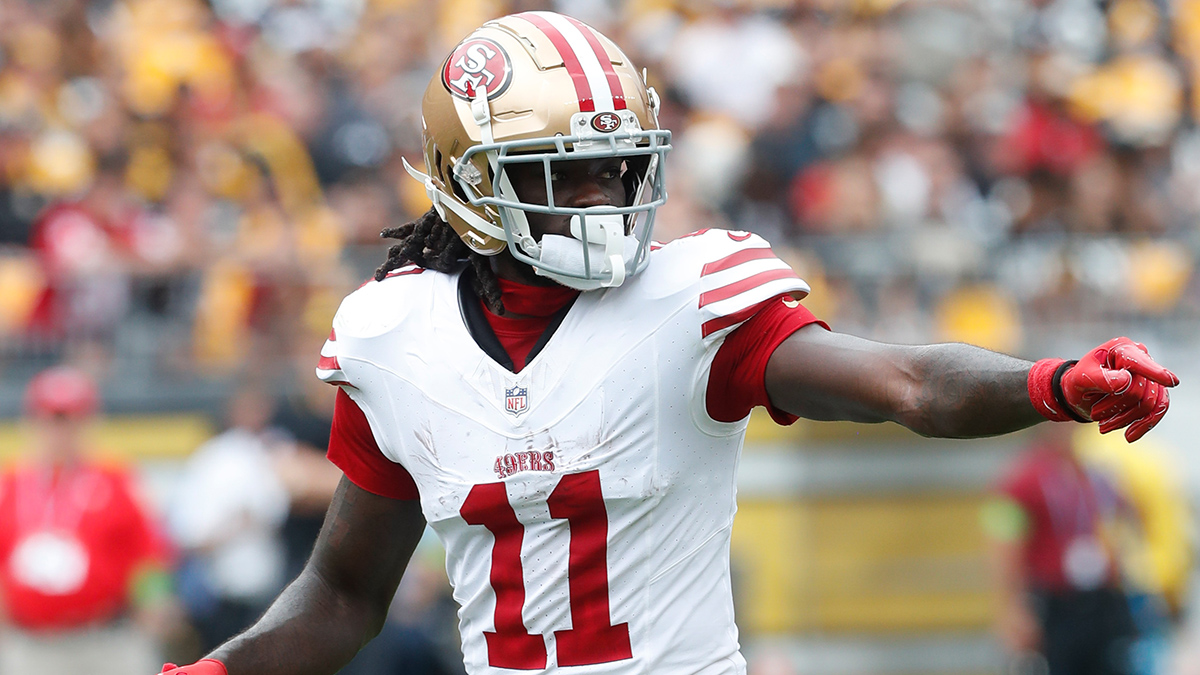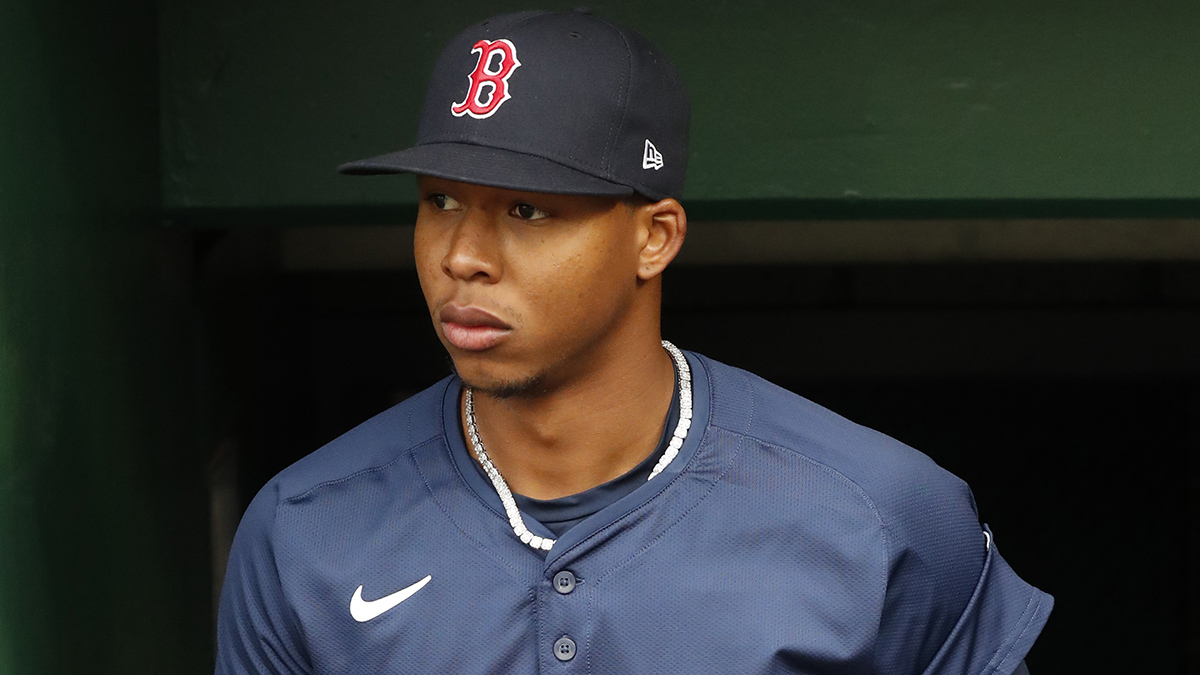Playoff football has fans thinking in layers – as in how many are needed to reasonably stand and watch a game outside on the frozen tundra of Lambeau Field or in upstate New York with winds whipping off Lake Erie.
But as the calendar flips to February, those concerns fade as thermal ski masks and snow boots are suddenly replaced by sunscreen and flip flops. Why? Because it’s officially Super Bowl season and, in the 21st century, that has meant you’re packing bags for somewhere tropical.
The 2023 Super Bowl at State Farm Stadium in Glendale, Ariz., fits into the recent push of having the game in a location with relatively warm winter temperatures.
It wasn’t always this way, though. For generations, the Super Bowl was played all over the country – rain or shine, and sometimes with a dash of ice.
Get Boston local news, weather forecasts, lifestyle and entertainment stories to your inbox. Sign up for NBC Boston’s newsletters.
So, what will the forecast predict on Feb. 12 as players from Philly and Kansas City battle it out for the chance to hoist the Vince Lombardi Trophy? Honestly, it doesn't matter because either way, playing conditions will be perfect with State Farm Stadium's retractable roof.
Let’s take a look at some of the warmest weather conditions since the Super Bowl began.
What is the warmest Super Bowl in NFL history?
Sports
News, videos, and rumors on the Boston Celtics, New England Patriots, Boston Red Sox, and Boston Bruins, powered by NBC Sports Boston.
The warmest or “hottest” day in Super Bowl history was Super Bowl VII in 1973. The Dolphins defeated the former Redskins 14-7 at the Los Angeles Memorial Coliseum. At kickoff, the temperature was 84 degrees outside, which goes on record as the warmest ever.
Here’s a look at the top six warmest Super Bowls based on kickoff temperature:
- Super Bowl VII (1973) - Miami Dolphins vs. Washington - 84 degrees
- Super Bowl XXI (1987) - Denver Broncos vs. New York Giants - 76 degrees
- Super Bowl XXIII (1989) - San Francisco 49ers vs. Cincinnati Bengals - 76 degrees
- Super Bowl XXIX (1995) - San Diego Chargers vs. San Francisco 49ers - 76 degrees
- Super Bowl 50 (2016) - Carolina Panthers vs. Denver Broncos - 76 degrees
- Super Bowl LI (2017) - New England Patriots vs. Atlanta Falcons - 76 degrees
Has a Super Bowl ever been canceled?
In the history of the Super Bowl, a game has never been canceled due to excessive heat or below-freezing temperatures.
The only time the game was remotely altered was during Super Bowl XLVII in 2014 when the Ravens and 49ers had to postpone the third quarter due to an electrical issue in the Superdome.
What will this year look like?
It looks like Glendale will have a temperature of approximately 63 degrees with 6 mph winds and a 10% chance of precipitation. Nonetheless, the weather won't matter because the State Farm Stadium has a retractable roof with a roll-out natural grass surface.
What’s the coldest Super Bowl?
The coldest game took place at Tulane Stadium in New Orleans for Super Bowl VI back in 1972. The Dallas Cowboys battled the Miami Dolphins on a brisk, 39-degree winter day.



